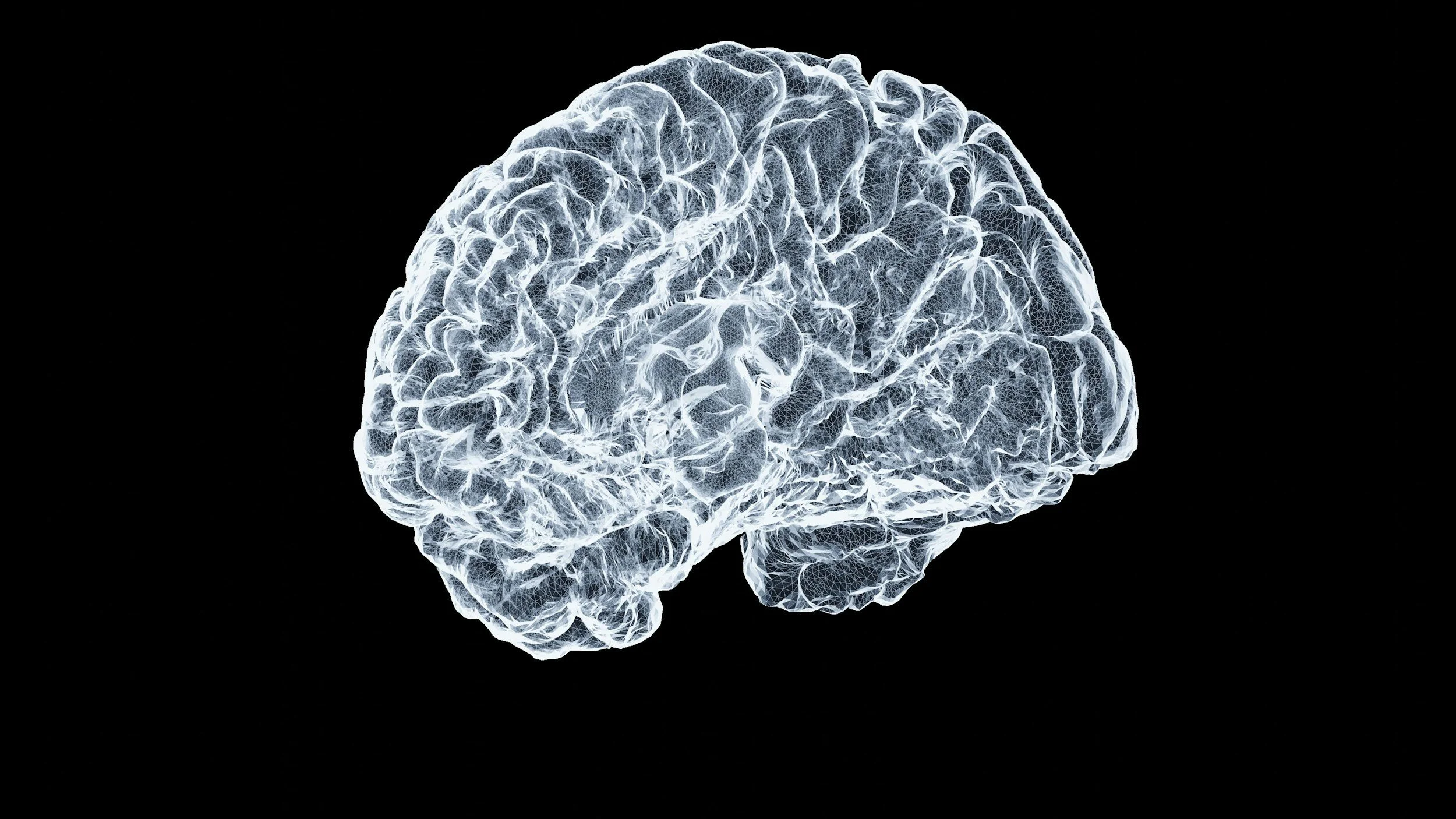Blog

Are We Treating Addiction — or Just Medicating It?
In the addiction field, we talk a lot about “root causes.” Trauma. Stress. Disconnection. Emotional pain. Genetics. Environment. Learned coping patterns. These are the forces that shape a person’s relationship with substances long before the first drink, pill, or hit ever becomes a problem.
Yet in the broader healthcare system, addiction is often approached through a very different lens — one shaped heavily by the pharmaceutical industry. Medications can play a valuable role in stabilizing people, reducing harm, and supporting recovery. But when medication becomes the primary or only intervention, something essential gets lost.
From where I sit as an addiction specialist, the issue isn’t that pharma is “evil” or intentionally blocking recovery. It’s that the system is built to prioritize symptom management over root‑cause healing, and pharmaceutical solutions fit neatly into that model.
Let’s unpack what that means.

Breaking the Cycle: How Polysubstance Abuse and Behavioural Addictions Hijack the Brain’s Reward System
Addiction rarely arrives as a single, isolated problem. In my work as an addiction specialist, I’ve seen how often substance use overlaps with behavioural addictions — gambling, compulsive sexual behaviour, gaming, shopping, even chronic social media use. When these patterns combine, they don’t just add up; they amplify one another, creating a powerful and destructive loop within the brain’s reward circuitry.
Understanding what’s happening inside the brain is one of the most empowering steps a person can take. Addiction is not a moral failure. It’s a neurobiological trap — but one that can be escaped with the right structure, support, and sustained action.

Polysubstance Use and the Path to Fentanyl Addiction: Understanding the Risks and the Road to Recovery
By: An Addiction Specialist
Polysubstance use—mixing or alternating between multiple substances—is one of the most dangerous patterns I see in addiction work. Many people don’t start with fentanyl. They begin with alcohol, cannabis, cocaine, benzodiazepines, or prescription opioids. Over time, tolerance grows, the brain adapts, and the search for a stronger or more reliable high begins.
This is often where fentanyl enters the picture—sometimes intentionally, sometimes without the person even knowing. And once fentanyl becomes part of the cycle, the risks escalate dramatically.

When Someone You Love Is Struggling: How Loved Ones Can Seek Help for Addiction
A perspective from an addiction specialist
When a partner, child, sibling, or close friend is battling addiction—whether it’s substances like alcohol or drugs, or behavioural addictions like gambling, pornography, or compulsive spending—the emotional weight can be overwhelming. Loved ones often carry fear, confusion, guilt, and exhaustion, all while trying to “hold everything together.”
As an addiction specialist, I want to say this clearly: you deserve support too. Addiction affects the entire family system, and healing requires care for everyone involved—not just the person using.

The Grip of Today’s Cannabis: Understanding Addiction and the Path to Freedom
By: An Addiction Specialist
Cannabis has changed dramatically over the past decade. What was once a mild, low‑potency plant has evolved into a highly engineered substance with THC concentrations far beyond what previous generations ever encountered. As potency has risen, so have the rates of dependence, withdrawal, and cannabis‑induced mental health crises.
In my practice, I see more people than ever struggling with cannabis addiction—often shocked that something they believed was “safe” has taken such a powerful hold on their lives.

Switching Your Drug of Choice: An Addiction Specialist’s Perspective
One of the most misunderstood aspects of addiction is the phenomenon of switching your drug of choice. Many people in recovery believe that if they stop using one substance—say alcohol—and replace it with another—like cannabis, stimulants, or even compulsive behaviors such as gambling or sex—they’re still making progress. In reality, this is often just addiction in disguise.

Supporting a Loved One with Addiction: Guidance, Solutions, and Hope
When someone you care about is struggling with Substance Use Disorder (SUD) or a behavioral addiction (such as gambling, pornography, or compulsive eating), it can feel overwhelming. You may experience fear, frustration, or helplessness. Addiction is not simply a matter of willpower—it is a complex condition involving brain chemistry, emotional regulation, and environmental triggers.
The good news: help is available, and recovery is possible with the right support.

Motivation for Using The Sinclair Method
The Sinclair Method offers a science-based alternative to traditional abstinence-only approaches, helping people reduce drinking by retraining the brain’s reward system. While highly effective for many, it requires discipline, medical oversight, and integration with lifestyle changes to achieve lasting recovery.

Acute vs. Chronic Alcoholism: Understanding the Difference
Acute alcoholism refers to short-term, high-intensity drinking episodes (often binge drinking), while chronic alcoholism is a long-term, progressive condition marked by dependence and lasting health consequences. Both require different treatment approaches, and binge drinking sits on a dangerous line that can tip into chronic addiction.

Recovery Beyond Abstinence: The Power of Meditation, Awareness, Connection, and Movement
Recovery from substance use or behavioral addictions is not simply about stopping the addictive behavior—it’s about building a new way of living. As an addiction specialist, I’ve seen countless individuals discover that true healing comes from nurturing the mind, body, and spirit. Five practices stand out as pillars of sustainable recovery: meditation, awareness, community connection, reconnecting with old friends, and physical exercise

Chronic Alcoholism: The Battle Beneath the Surface
Alcoholism is not simply “drinking too much.” It is a chronic, progressive illness that rewires the brain, erodes relationships, and devastates health. For those caught in its grip, the struggle is not just about alcohol—it’s about the insidious cycle of relapse, the phenomenon of craving, and the baffling inability to stop despite devastating consequences.

Chronic Cannabis and Pornography Use: The Brain, the Trap, and the Path to Recovery
Addiction isn’t always about hard drugs or alcohol. Two of the most underestimated yet deeply impactful struggles I see in my practice are chronic cannabis use and compulsive pornography consumption. On their own, each can alter brain chemistry and derail lives. Together, they create a cycle of sedation and stimulation that hijacks the brain’s reward system, leaving individuals trapped in patterns that feel impossible to break.

Cannabis Today: Potency, Risks, and the Path to Recovery
Cannabis has long been viewed as a “soft drug,” often minimized compared to substances like alcohol or opioids. But the cannabis available today is not the same as what was circulating decades ago. As an addiction specialist, I see more and more people struggling with cannabis use disorder, and it’s important to understand why.

Crystal Meth Addiction: Why Turning to Alcohol Isn’t the Answer
Crystal methamphetamine is one of the most destructive substances I encounter in my practice. Its effects on the brain, body, and relationships are profound, and recovery requires courage, structure, and support. Yet one of the common pitfalls I see is when someone tries to replace meth with alcohol, believing it to be a “safer” alternative. The truth is: switching substances is not recovery—it’s substitution. And substitution often leads to new problems down the road.

A Family Guide to Responding to Relapse
Relapse shakes families to their core, but it can also be a turning point. By setting boundaries, refusing to enable, and insisting on intervention, you protect yourself while giving your loved one the best chance at healing. Remember: you didn’t cause it, you can’t cure it, but you can choose how you respond.

Alcoholism & Drug Addiction: Why Treatment Is Essential
Addiction is often misunderstood. Many people see it as a matter of willpower, a bad habit, or a moral failing. But as an addiction specialist, I know the truth: alcoholism and drug addiction are chronic medical conditions that demand treatment. Left unaddressed, they erode health, relationships, and purpose. Managed with care, they can become the foundation for profound transformation.

Internet Gambling: The Hidden Trap of the Digital Age
The rise of internet gambling has transformed the way people engage with games of chance. What once required a trip to a casino or betting shop can now be accessed instantly from a smartphone or laptop. While this convenience may seem harmless, it has created a dangerous environment where addiction can thrive—and where vulnerable individuals, including minors, are at risk.

Dopamine on Overdrive: A Wake-Up Call for Parents Navigating Teen Habits
The Dopamine Dilemma: Why It Matters
As an addiction specialist, I’ve seen firsthand how seemingly harmless habits—like fast food binges and endless scrolling—can evolve into patterns that hijack the brain’s reward system. At the heart of it all is dopamine, the neurotransmitter responsible for pleasure, motivation, and reinforcement. When teens repeatedly engage in high-stimulation activities, their brains adapt by demanding more to feel the same level of satisfaction. This is the slippery slope toward behavioral addiction.

Loving Someone with Cocaine and Alcohol Addiction: A Message to the Spouse
If you’re married to someone battling cocaine and alcohol addiction, you already know the chaos it brings. The lies. The broken promises. The emotional rollercoaster. You’ve likely asked yourself, “How much more can I take?” And that’s not weakness—it’s wisdom.
Addiction is a disease, but it’s also a tornado. It doesn’t just destroy the person using—it pulls in everyone around them. As an addiction specialist, I’ve worked with countless spouses who are torn between love and survival. This blog is for you.

When Porn and Marijuana Addiction Go Hand in Hand
In the world of addiction recovery, we often talk about substances and behaviors as separate struggles. But in reality, they frequently intertwine—feeding off each other, reinforcing the same cycles of escape, and deepening the same emotional wounds. Two of the most commonly paired addictions I see in my practice are pornography and marijuana. On their own, each can be destructive. Together, they can quietly overtake a person’s life.
